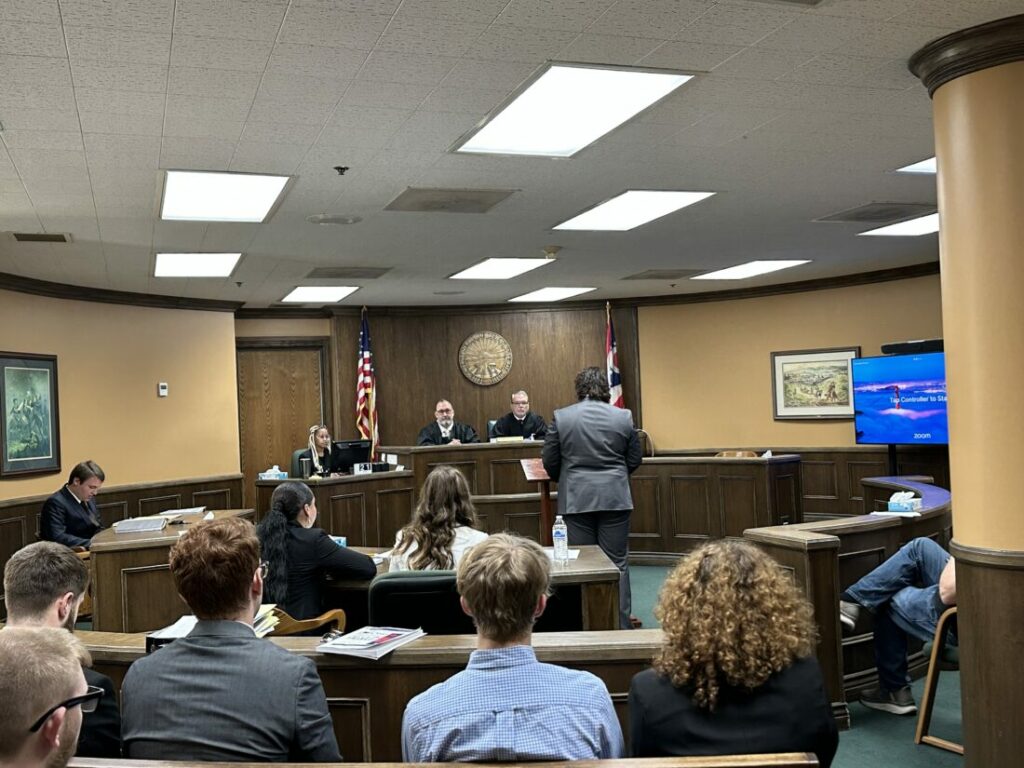Rare Physician Wins in Peer Review Lawsuits

Summary
On May 22, the Texas Supreme Court handled a physician a rare victory against a health care system in a peer review discovery proceeding.
Rare Physician Wins in Peer Review Lawsuits
Rare Physician wins in peer review lawsuits? Why? Since the enactment of the Health Care Quality Improvement Act in 1986, physicians haven’t usually fared well when they go to court to stop or delay hospital peer review actions, provided the hospitals follow the procedural steps set out in the Act.
But Dr. Patrick Murphy persuaded the Illinois Appellate Court that a trial court was wrong to deny his requested temporary restraining order against convening a peer review panel to consider terminating his privileges.
Last June BroMenn Medical Center summarily suspended Murphy’s privileges. He sought a TRO and preliminary injunction against enforcing the suspension or reporting it to the National Practitioner Data Bank. He lost in the trial court, but on appeal the Illinois Appellate Court granted him an immediate stay, enjoining the report to the Data Bank.
That was in July. In September the Medical Executive Committee voted to recommend termination—not just suspension—of Murphy’s privileges. He invoked his right to a hearing but requested postponement pending the resolution of his pending suit over the suspension. The hospital denied the postponement and scheduled a hearing.
Murphy moved for a TRO enjoining the termination proceedings pending the resolution of the suspension suit. The trial court denied the motion, finding that the hospital had acted within its bylaws (as required by the Act) and that Murphy failed to show a likelihood of success on the merits.
When Murphy appealed that denial, the Appellate Court again sided with him and reversed, accepting his argument that denying his motion would “essentially render meaningless his appeal of BroMenn’s summary suspension” in the pending case.
Aside from substantive legal considerations, it may be noteworthy that the court began its analysis with this pointed observation: “We first note BroMenn’s failure to file a responding memorandum as required by Rule 307(d)(2)(eff. Nov. 1, 2016).”
The case is Murphy v. Advocate Health d/b/a Advocate BroMenn, No. 4-16-0863, 2016 Ill. App. (4th) 160863-U (Dec. 8, 2016).
Here is Another Example
On May 22, the Texas Supreme Court handled a physician a rare victory against a health care system in a peer review discovery proceeding.
In this mandamus proceeding, the Texas Supreme Court said that doctors seeking to obtain hospital records that are protected by peer review privileges do not have to assert antitrust claims in order to obtain discovery of those records. Instead, the Court held that the doctor must allege that the hospital took “anti-competitive actions” against the physician.
Miguez Gomez was a cardiothoracic surgeon at Memorial Hermann in Houston. He practiced there for 14 years. In 2012, he filed suit, claiming that the Hospital System “smeared his name and reputation” when he moved his practice from the System to a competing hospital. Dr. Gomez claims that after he announced his intent to leave, the medical staff began attacking his skills and performance statistics in a way designed to prevent him from competing for business.
In the Suit, Dr. Gomez made claims for business disparagement, defamation, tortious interference, and improper restraint of trade under the Texas Free Enterprise and Antitrust Act of 1983. By way of discovery he was seeking to obtain records from the hospital’s peer review committee that he claimed would prove his case that the hospital took anti-competitive actions against him. However, the hospital contested production, and took the position that Dr. Gomez was required to produce proof that he had a viable anti-trust claim (which under the present law is virtually impossible), based upon the legislative history of the statute.
The trial court reviewed the documents in camera and ordered them to be produced. The First Court of Appeals denied the hospital’s petition for mandamus.
Under Texas law, peer committee reports are privileged, but a Judge may order them produced if the judge determines that “a proceeding or record of a medical peer review committee or a communication made to the committee is relevant to an anti-competitive action.” The Hospital System argued that “anti-competitive action” was synonymous with “antitrust” and does not apply to ordinary business torts. The Hospital System cited the Irving Healthcare System vs. Brooks decision for the proposition that the anti-competitive action language does not apply to ordinary business torts. However, The Court disagreed, and held that the term “anti-competitive action” means “an overall substantially adverse effect on competition.”
The Supreme Court did not order production of all of the documents, but did allow access to documents relevant to his claims that the hospital engaged in anti-competitive activity.
